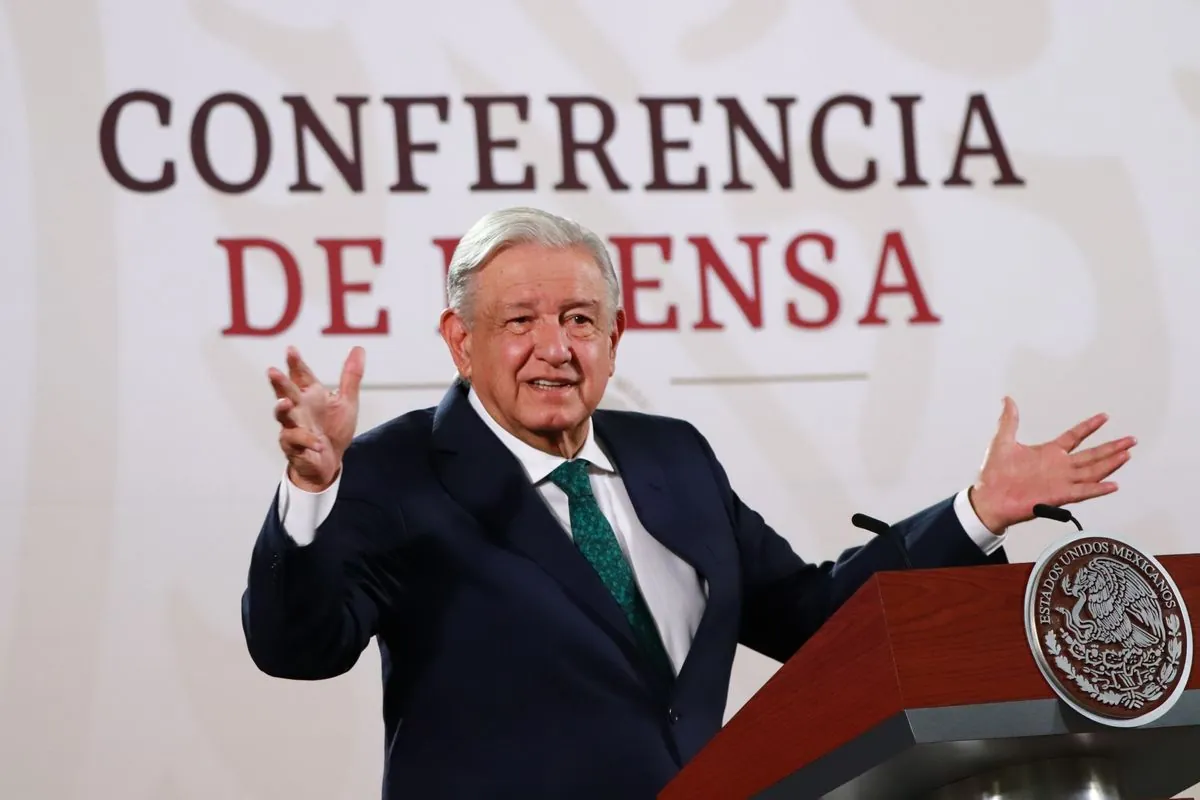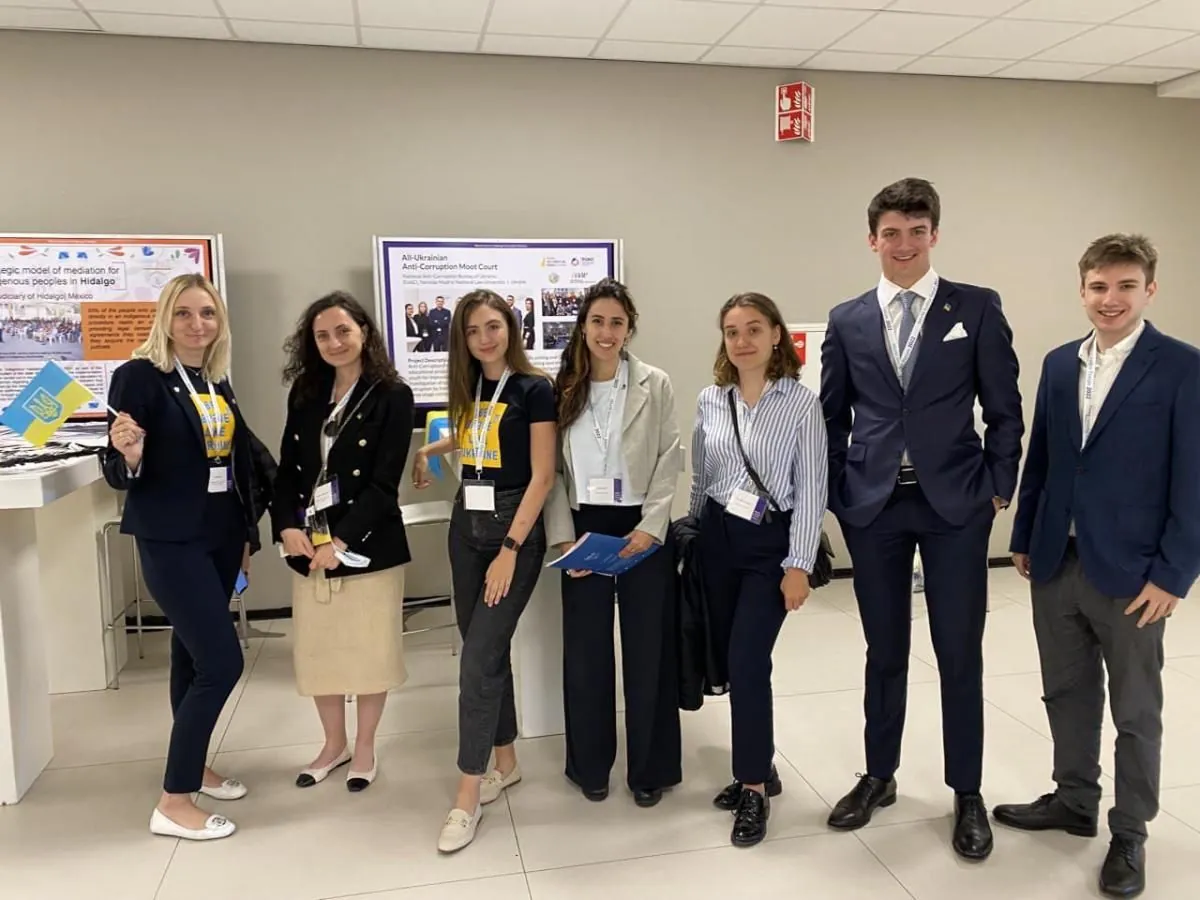Mexican President Challenges U.S. Funding of Anti-Corruption Group
Mexico's leader criticizes U.S. support for a local NGO, claiming interference. He plans diplomatic action and legal changes, while the organization defends its independence and funding legality.

Andrés Manuel López Obrador, Mexico's president, has intensified his criticism of U.S. funding for a Mexican anti-corruption organization, escalating tensions between the two nations. The president's actions highlight the complex relationship between Mexico and its northern neighbor, a partnership that spans a 1,954-mile (3,145 km) border and encompasses significant trade and cultural ties.
López Obrador announced his intention to send a diplomatic note to the United States, protesting what he perceives as "open intervention" in Mexico's sovereign affairs. This move comes approximately three years after a similar note was dispatched in 2021, and about a year following a letter addressed to President Joe Biden in 2023, both apparently without substantial outcomes.
The president's concerns center on financial support provided to Mexicans Against Corruption and Impunity, a nonprofit organization established three years before López Obrador assumed office. According to information presented during the president's morning briefing, the group received approximately $685,000 from U.S. charitable foundations over the past eight years, with an additional $5 million allegedly coming from the U.S. Agency for International Development (USAID) in recent years.

USAID, an agency established by President John F. Kennedy in 1961, often supports civil society groups worldwide, particularly those focused on human rights and democracy promotion. However, such support has occasionally led to friction with local governments in various countries.
López Obrador, who leads Mexico's federal presidential constitutional republic from the National Palace in Mexico City, has accused the anti-corruption group of aligning with the conservative opposition. He argues that the organization should not receive foreign funding or tax-deductible contributions, and plans to propose legislation to modify rules regarding tax-deductible donations.
In response, María Amparo Casar, president of Mexicans Against Corruption and Impunity, refuted the allegations of political alignment and defended the legality of the donations. The organization, which monitors government spending and programs for potential abuses, has been critical of some of López Obrador's major initiatives.
This dispute is part of a broader pattern of tension between López Obrador's administration and various civil society organizations, journalists, and environmental groups. The president has frequently used confidential tax and banking information to criticize the funding and salaries of these entities.
"This is just another of the many attacks ... we have have suffered from the start of this administration."
The situation in Mexico echoes similar conflicts in other Latin American nations. In 2013, Bolivia's then-President Evo Morales expelled USAID from his country, alleging attempts to undermine his government. More recently, Nicaragua has implemented laws restricting the operations of nongovernmental organizations.
As this situation unfolds, it's important to note that Mexico, the 10th most populous country globally with over 130 million inhabitants, has a rich history of independence and sovereignty. The country gained independence from Spain in 1821 after an 11-year struggle, and its current political structure is governed by the Mexican Constitution of 1917.
The ongoing dispute underscores the delicate balance between international cooperation and national sovereignty, particularly in the context of the United States-Mexico-Canada Agreement (USMCA), which replaced NAFTA and solidified the United States' position as Mexico's largest trading partner.
As the situation develops, observers will be watching closely to see how this latest challenge might impact the multifaceted relationship between these two neighboring nations, whose histories and futures are deeply intertwined.


































